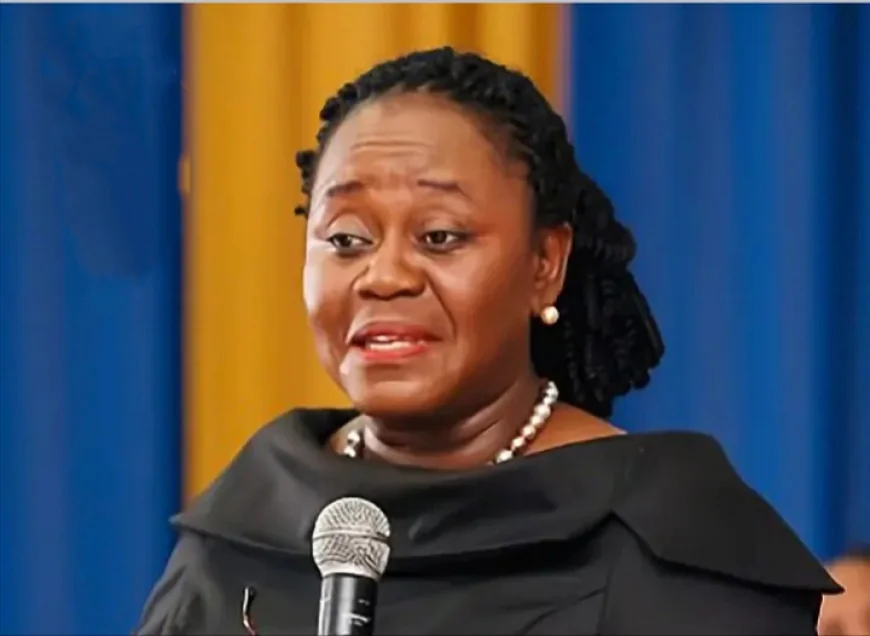From Withheld Petitions to “Symbolic Intimidation” - The Suspended CJ Lays Out 9 Explosive Claims In a Bold National Address
Suspended Chief Justice Speaks Out, Slams Removal Process as a Threat to Judicial Independence

Suspended Chief Justice Gertrude Araba Esaaba Sackey Torkornoo has issued a defiant and emotional statement to the nation, denouncing the ongoing attempts to remove her from office as unconstitutional, politically motivated, and damaging to the integrity of Ghana’s judicial system.
In a detailed nine-point address, the embattled Chief Justice described the proceedings against her as historically unprecedented and procedurally flawed, warning that the outcome could undermine the independence of not just her office, but the entire judiciary.
“Every step of this process breaks every rule on how justice is delivered,” she declared.
1. A First in Ghana’s History—But Marred by Violations
Justice Torkornoo emphasised that never before in the country’s 68-year legal history has a sitting Chief Justice faced such proceedings. She accused the committee overseeing her removal of breaching legal and constitutional procedures.
2. A Dangerous Precedent
The Chief Justice warned that if her position could be attacked this way, no judge or constitutional officeholder is safe from political targeting.
“If this model can be tried on the Chief Justice, it can be repeated with everyone,” she cautioned.
3. Transparency Denied
Torkornoo revealed that her request for an open, public hearing was rejected by the Supreme Court, raising concerns about accountability and fairness.
4. Hearings Held at Adu Lodge – A Grim Reminder
She questioned the choice of venue for her hearings—Adu Lodge—where her uncle, a judge, was kidnapped before his murder in 1981. She suggested the venue was chosen to unnerve her psychologically.
“Was it chosen to make me feel insecure? I think so,” she said.
5. Denied Access to Petitions
She claimed she had not been given copies of the very petitions forming the basis of the case against her, preventing adequate legal defence.
6. Illegal Subpoenas
The Chief Justice argued that the committee lacked the statutory power to subpoena witnesses, calling such actions unlawful.
7. Baseless Allegations
She flatly denied all accusations against her, including those involving travel expenses and judicial decisions, calling the petitions “completely unfounded.”
“Not one allegation is remotely true,” she insisted.
8. No Plans to Resign
Justice Torkornoo rejected mounting pressure to resign from office, stating that doing so would be tantamount to endorsing an unjust and illegal process.
“Resigning is not an option—it would mean accepting this flawed system,” she said firmly.
9. Conflict of Interest at the Core
The Chief Justice also raised conflict of interest concerns over the committee’s chairman, Justice Gabriel Pwamang, citing his prior rulings favouring a key petitioner, businessman Daniel Ofori.
■ What’s Next?
The Chief Justice’s powerful rebuttal has ignited national debate about the fairness of the process and the larger implications for judicial independence in Ghana. Civil society groups, legal experts, and the political establishment are expected to respond in the coming days.
For now, one thing is clear. Justice Torkornoo is not going quietly.


